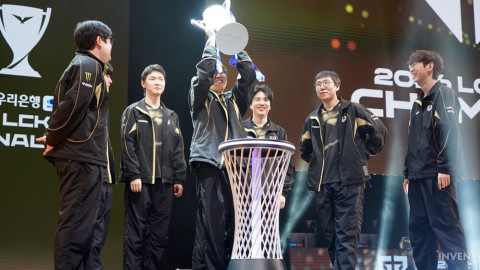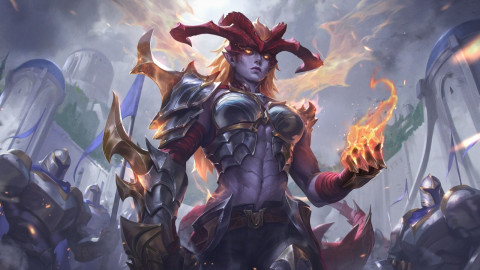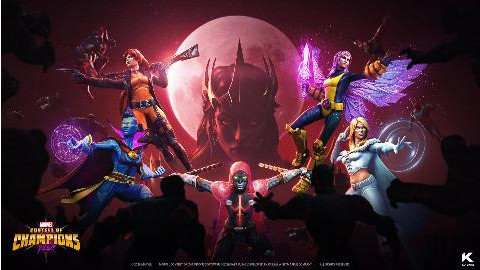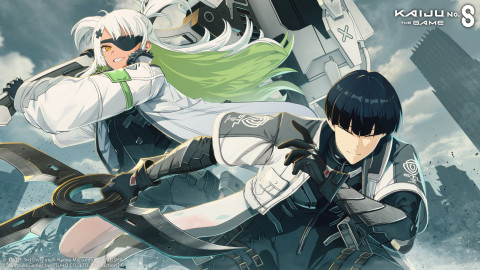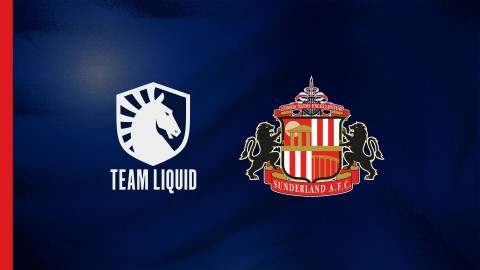
Mobalytics is well known among gamers that take the quality of their play seriously. The company focuses on the gameplay analysis of several titles, most recently adding Riot Games’ character-based shooter VALORANT to their roster. Warchief of sScience (CSO) Amine “Uthgar” Issa, former human performance researcher and founder at Mobalytics shares the importance of data analytics when improving your play, and discusses their most recent partnership with T1.
Let’s start things off by talking about how the partnership between Mobalytics and T1 became a reality.
Our partnership did not happen out of the blue. I met Tucker Roberts about two years ago, and we used to talk about all sorts of things revolving around League of Legends, the directions we were heading, and from there, we realized our interests were very much aligned. Our goals in the gaming space were similar: we wanted to make players perform better, so, naturally, it led us to where we are today.
T1 was one of the first organizations to follow through with a VALORANT plan, followed by numerous competitors attempting to catch up with the quick development of the scene. Personally, where do you see the game’s esports scene headed to?
There is not too much to say except I think it’s going to be huge in the competitive scene. The game was modeled after one of the longest-lasting competitive games of all times, which is Counter Strike. I don’t think it will be too different from any other game that comes out, in the sense of how in the beginning everyone is still trying to figure out the mechanics, the balance, and whatnot. Everything is still in its nascent stage, but once it evolves, there will be a stronger structure.
In VALORANT’s case, I think this situation will be heavily accelerated because of all the information we have from League of Legends, CS:GO and Overwatch, that can be applied to it right away. The nascent stage will still happen because people are trying to figure out what is of value in this game right now, and clearly the game shares a lot of values to CS:GO, but a lot of features are new, like the agent abilities and the agent compositions, which shift the value parameters for what you want in a strong team.
How do you see the data Mobalytics provides to players assisting them in the long run?
It may be too soon to tell because we still have so much data to dig into. If our research in Counter Strike and League of Legends tells us anything, it is that data is a part of the puzzle. When a team has to evaluate player and opponent performance, they have to analyze several different fragments of information. The first major aspect is understanding who you play against to know what kind of player you should be recruiting.
Then we go into more personal aspects, like ethics, teamwork, communication, and work discipline. After we analyze these things, data comes in. Data is a way to quantify player abilities and their progression. It’s part of the larger puzzle that takes part in highly competitive play.
Look at the Olympics. Getting ahead 0.01 seconds ahead on a run, or a swim, may not seem like much to the public eye, but to the athletes, it is actually a very big deal. The same happens to professionals in our field. That one to five percent that data might bring in is a big competitive advantage. It is not just important to have the data available. You have to understand it and be able to take meaningful insights from this information.
What does the investment from a company like T1 allow Mobalytics to do that they were not able to do before?
More than anything, it is the solidification of our aligned interests. This allows us to walk together towards a greater goal. Not only we are committed to this goal, but we are committed to bringing together staff and monetary resources so we can reach a higher target.
Mobalytics researches and relays a lot of information to teams. What do teams give you back in terms of statistics?
Whenever you study plays at the highest level, it is very important to understand what players are doing. We learn what players are prioritizing, what they are thinking and what they want the outcome of the game to be like. It’s a development process. We have our ideas and our hypothesis, but leveraging their brain powers allows us to confirm, validate, or iterate these speculations. It’s a team effort.
Your company specializes not only in League of Legends, but also in TFT and Legends of Runeterra. What is the difference of approach when it comes to analyzing the data of these games, including your newest addition, VALORANT?
When it comes to a game like Legends of Runeterra, data is super important. Card games work very much like Poker. You have expected odds and probabilities of decision making. It’s very important that we understand how to make the best decisions. When we talk about League of Legends, data is important to make the right plays. We study player habits, tendencies, and decision making when they play a certain champion.
The biggest thing is to be able to recognize patterns and to be able to turn that into actions. The way they are executed is very different. In a card game, data is, in a sense, a lot more binary because there are only x expected outcomes from the conditions you are in.
When it comes to a shooting game like VALORANT, there are far more expected outcomes with each play. In this case, we analyze the context. We need to understand what the situation across the map is, who has the monetary advantage, what ultimates we are dealing with. Unlike card games, where there is no raw mechanical skill required, but in shooters, we need to take into account how consistently players are able to land the shots. We use eye-tracking to add another layer to understanding how good specific players are, even at very basic dexterity functions.
Given you have so much experience analyzing high-level play, what advice do you have for players that are seeking to improve?
Make sure you are having fun. I understand that losing is never fun, but sometimes you have to look at it as a learning experience. Sometimes, there are factors out of your control, but you can still focus on improving individually. In a game like League of Legends, you may need to farm better, in VALORANT, it may be positioning better. Be patient, there are no shortcuts to improvement.
Optimize your time and make sure you are using it wisely. There’s a saying I like, “perfect practice makes perfect, not just practice makes perfect”. Results will come if you focus on improving the right things.
Looking for VALORANT content? Look no further.
Sort by:
Comments :0


